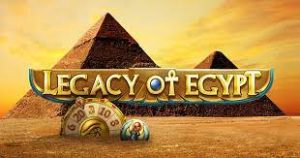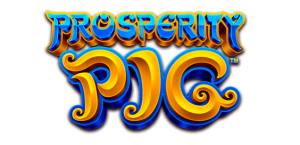
Book of Power
Knowledge is often regarded as one of the most potent tools available to humankind. Its potential transcends personal empowerment, social mobility, and professional success. Many believe that knowledge can unlock doors that were once thought to be sealed shut. A treasure trove of wisdom lies within the pages of countless books throughout history. Among them, a particular tome resonates with those who seek enlightenment, referred to by many as the Book of Power Slots Game ABC8.
The Book of Power symbolizes the vast expanse of knowledge and understanding that can transform lives. It serves as a reminder that knowledge is not just an accumulation of facts but a means of empowering oneself to navigate life’s complexities. Within its metaphorical pages, one can find guidance on various aspects of existence, from personal development to societal change.
Understanding the Nature of Knowledge
Knowledge can be understood in various dimensions, including its types, significance, and functions. Diving deeper into the essence of knowledge allows us to appreciate its multifaceted role in our lives.
Types of Knowledge
Knowledge can be categorized into several types, each possessing unique characteristics and applications.
- Explicit Knowledge: This type of knowledge is easily articulated and shared. It includes facts, data, and information documented in books, articles, reports, and other media. Explicit knowledge can be taught in traditional educational settings and is fundamental for academic learning and professional practices.
- Tacit Knowledge: Tacit knowledge refers to the know-how gained through personal experience. Unlike explicit knowledge, it is more challenging to communicate because it is often intuitive or instinctual. This type of knowledge encompasses skills, insights, and intuitions that individuals develop over time.
- Procedural Knowledge: Also known as “know-how,” procedural knowledge focuses on the processes involved in carrying out tasks. It involves understanding how to perform certain actions or operations, often acquired through practice and repetition.
- Declarative Knowledge: In contrast to procedural knowledge, declarative knowledge involves knowing that something is true or false. This form of knowledge is foundational for logical reasoning and critical thinking.
Understanding these different types of knowledge enables us to appreciate their distinct roles in both individual lives and society at large.
The Significance of Knowledge
Recognizing the significance of knowledge is essential for personal growth and societal progress.
- Empowerment through Information: Knowledge empowers individuals to make informed decisions and take control of their lives. Informed citizens are better equipped to participate in democratic processes, engage in discussions, and stand up for their rights.
- Personal Development: Knowledge fosters self-awareness and personal development. Individuals who actively seek knowledge tend to have higher self-esteem, increased confidence, and a better understanding of their values and beliefs.
- Social Change: Knowledge plays a crucial role in driving social change. Inclusive education, awareness campaigns, and access to information can dismantle systemic injustices and promote equity.
- Innovation and Advancement: Knowledge fuels innovation and technological advancements. As individuals and societies accumulate knowledge, they create new ideas, solutions, and products that improve quality of life.
The Functions of Knowledge
Knowledge serves diverse functions that enhance both individual and collective well-being.
- Cognitive Function: Knowledge enhances cognitive abilities such as critical thinking, problem-solving, and decision-making. It allows individuals to analyze situations, weigh options, and arrive at rational conclusions.
- Emotional Function: Knowledge influences emotional intelligence by fostering empathy and understanding. Leaders armed with knowledge of human behavior can cultivate inclusive environments that nurture collaboration and cohesion.
- Social Function: Knowledge builds social networks and communities. Shared understanding fosters connections among individuals, creating avenues for dialogue, collaboration, and mutual support.
As we explore the nature of knowledge, we begin to see how its power extends far beyond mere information. Instead, it shapes our identities, relationships, and societies.





